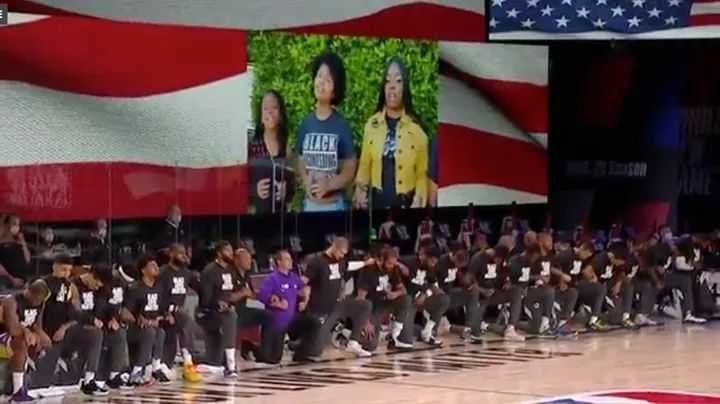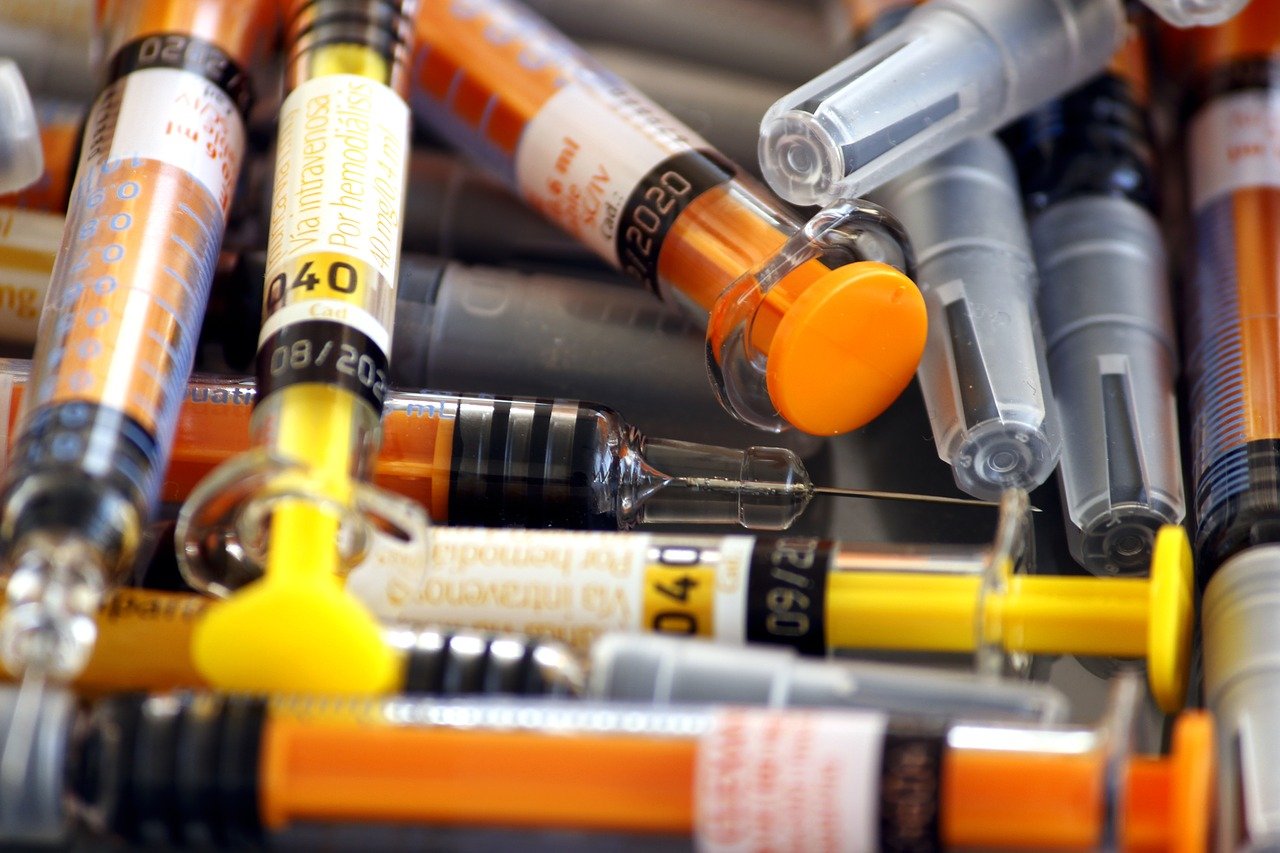‘Balik Probinsya’ paves way to agri industrialization, DA Chief says
The Department of Agriculture supports the implementation of the “Balik Probinsya, Bagong Pag-asa (BP2)” program as it will not only decongest Metro Manila and ensure balanced regional development and equitable distribution of wealth, resources and opportunities, but also pave the way to modernizing and industrializing the Philippine countryside.
“We commend Senator Lawrence ‘Bong’ Go for spearheading the BP2 program as it realizes our vision of a modern and industrialized Philippine agriculture sector,” said Secretary William Dar.
“Hence, on behalf of the entire DA family we extend our full support to the BP2 program as a national masterplan to decongest Metro Manila and pump-prime the country’s agriculture, fishery, agribusiness, food processing, and logistics sector,” the DA chief said.
President Rodrigo Roa Duterte on May 6 issued Executive Order No. 114, institutionalizing the BP2 Program as a pillar of balanced regional development and creating a BP2 Council to identify legislative, regulatory, and policy changes to promote balanced regional development, and recommend to the Congress the enactment of such reforms into law.
The Council is also tasked to coordinate with local government units to formulate policies and implement program components aimed at boosting countryside development and inclusive growth, providing adequate social services and employment, and attracting investors to set up rural industries and food logistics hubs.
Under EO 114, the DA is tasked to focus on attaining food security and increasing agricultural productivity.
“As part of our current initiatives and programs — including the Plant, Plant, Plant Program — the DA amid the COVID-19 pandemic will continue to encourage the adoption of quality inputs and innovative technologies to further increase agricultural and fishery production,” Secretary Dar said.
This entails the continued promotion of the use of quality seeds and hybrids, and plant nutrients and fertilizers, including the establishment of needed production, postharvest and cold chain facilities, including transport and logistics.
“As part of the BP2 program, the Duterte administration will encourage multinational companies and investors to put up rural and agribusiness enterprises to attract returnees,” he added.
Thus, under the ‘whole-of-nation approach,’ the DA will converge with other government agencies to create more livelihood opportunities and employment for both agri-fishery and non-farm sectors, enhance the capacities of farmers’ cooperatives and associations (FCAs), and extend technical, financial and marketing support to ensure the success of the BP2 program,” Secretary Dar said.
“We want the BP2 program beneficiaries to be productive and self-sustaining. As such, we will help them enlist as members of FCAs, teach them modern and innovative technologies, provide them farm inputs, machinery, and equipment, and give them access to affordable credit,” he said.
Thus, the DA through its Agricultural Credit and Policy Council (ACPC) will provide BP2 program beneficiaries financial assistance, including micro and small enterprises (MSEs), millennials, and existing agripreneurs.
Individuals can borrow P25,000, zero interest, payable in 10 years, while MSEs can secure loans of up to P10 million, zero interest and payable in five years.
Further, in identified BP2 program sites the DA will assist in farm consolidation and clustering to create economies of scale, and thus attain desired cost efficiencies in the production of various food and processed products.
Operationalizing its support to the BP2 program, the DA recently created a new unit integrating the previous National Convergence Initiative for Sustainable Rural Development into the Convergence and Balik Probinsya Program, with Alicia Ilaga as director-coordinator. She also heads the DA Climate Resilient Agriculture Office.
“In all, under the guidance of President Duterte, we are one with Senator Go in pursuing the ‘Balik Probinsya’ program as it serves as a major vehicle in our journey towards a sustainable, modern, industrialized Philippine countryside,” concluded Secretary Dar.(AR/DA)



